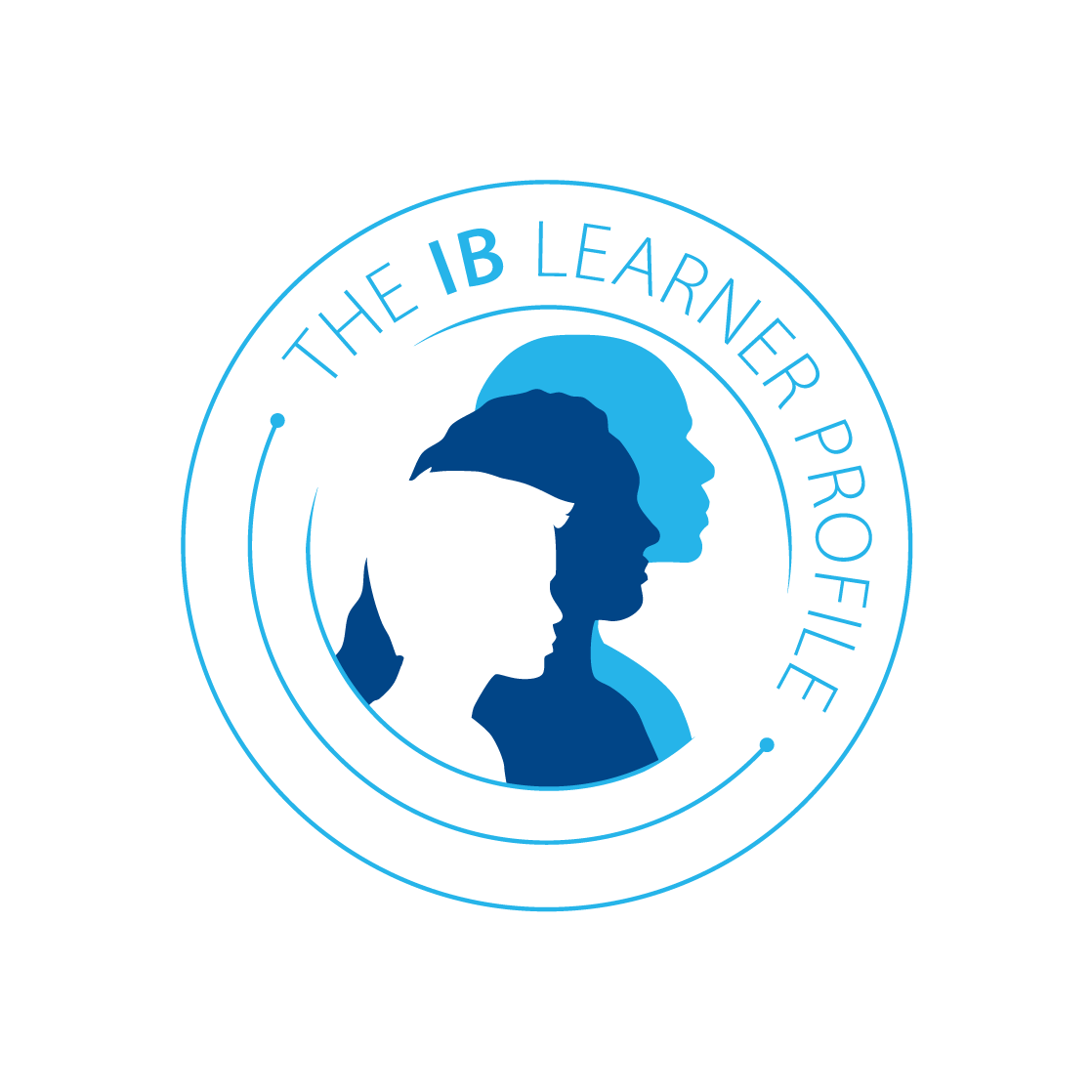Curriculum
DP students must choose one course from each of five subject groups delivering a breadth of knowledge and understanding in language and literature, individuals and societies, the sciences and mathematics. Furthermore, students must also choose either an arts course from the arts group or a second course from one of the other subject groups.
DP courses can be taken at higher level (HL) or standard level (SL). At least three, and not more than four, are taken at HL (240 teaching hours), while the remaining courses are taken at SL (150 teaching hours). SL courses ensure students are exposed to a range of disciplines that they might otherwise opt out of, and HL courses allow students to spend more time with subjects they are more interested in by exploring options in addition to the SL core curriculum. In this sense, all DP courses, regardless of whether they are SL or HL, are integral to the programme.
In addition to this, the DP features three core elements ( EE, TOK and CAS) that broaden students’ educational experience and challenge them to apply their knowledge and skills.


